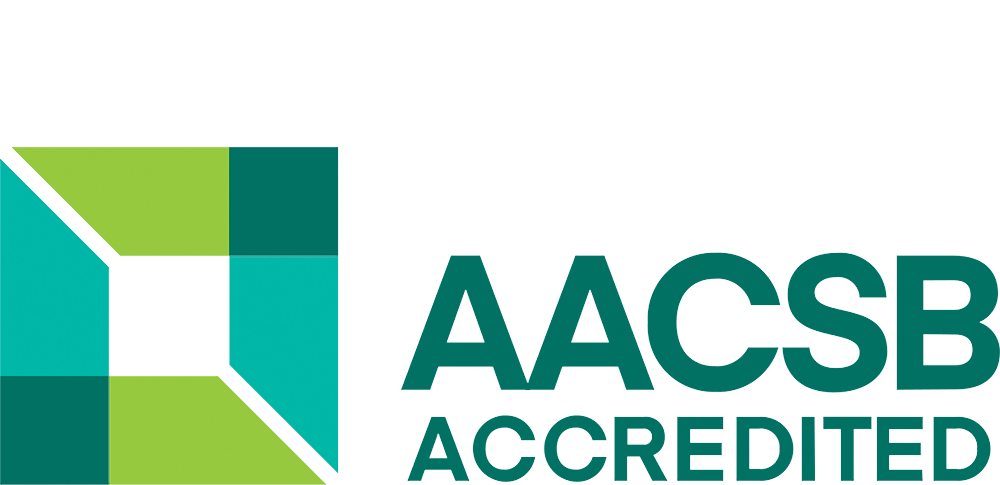You have decided to create your own company or micro-enterprise? To take over a company? Congratulations! Starting a business is a great adventure. However, young entrepreneurs face many difficulties, often from the start. Starting a business is indeed complex and requires skills that are independent of your sector of activity.
These include administrative, compatible, legal and commercial skills. Don't panic: there are various training courses for starting a business. These allow new entrepreneurs to start their business with peace of mind. We present the advantages of these training courses and the various solutions available to you.
We present the advantages of these training courses and the various solutions available to you.
Starting a business: a complex process
Running a business requires a wide range of skills. These include tax, accounting, commercial and legal skills. An entrepreneur must be able to manage all aspects of his or her business, from the creation of a business plan to the marketing of his or her products and services, including accounting declarations. Mastering each entrepreneurial skill is absolutely essential for the success of your entrepreneurial project.
Is there any compulsory training before starting a business?
Business owners and founders are free to choose whether or not to follow a training course. The law does not require training for new entrepreneurs. However, these courses are very interesting. They provide a wide range of skills to help you create a viable and successful business. We recommend that you take this type of training even before you register your business. The life of an entrepreneur is indeed busy. Taking a business training course before you start your business will give you plenty of time to get to grips with it. In addition, this anticipation will enable you to learn how to choose the right legal form when setting up your business and to carry out the right formalities.
What are the objectives of a business start-up course?
Following a training course on setting up a business enables you to acquire solid basic knowledge. This type of training, which can be done face-to-face or remotely, allows you to launch your activity with complete peace of mind when you have a business project. For example, the training courses enable you to choose the right legal status for your business and to take the first administrative steps without making any mistakes. Lastly, entrepreneurship training enables you to learn about all the existing tools for managing your business.
Which training to start a business?
There are many types of training courses to help you start your own business. They come in many formats (online training, face-to-face training, varying numbers of hours). They are intended for different audiences and allow different levels of recognition. Among them:
- CCI (Chamber of Commerce and Industry) training: this training for business creators lasts 5 days. It is aimed at anyone wishing to start a sole proprietorship. It teaches the basics of setting up a business (financing plan, registration, procedures to be followed, income declaration, customer prospecting, communication, etc.) and of business management.
- Pôle emploi training courses: these courses are aimed at jobseekers (or RSA beneficiaries) who are planning to set up or take over a business. Future business owners and those planning to start a business will learn how to carry out a market study in order to determine the profitability of their future activity. These training courses to support the creation of a business can also help project leaders to obtain financing.
- CMA training courses: the business start-up assistance course offered by the Chamber of Trades and Crafts provides solid business management skills. It includes a course to prepare for setting up a business, which gives a good understanding of the issues involved in being a business owner. This training enables the choice of the right legal form and knowledge of the financial aid available to young businesses.
- Business school courses: these short or long courses are very comprehensive. The courses are designed to help students who want to start their own business after their professional training, but not only. They are also aimed at established entrepreneurs and future entrepreneurs who are no longer students. To be followed either face-to-face or by distance learning, they allow students to acquire specific blocks of skills. IPAG Business School offers, for example, master's degrees in entrepreneurship, training in the management of companies in difficulty and online training in business creation. Depending on the training assistance scheme chosen, these courses help students learn about the formalities involved in setting up a business. These training courses are real accelerators and are practical for getting through all the stages of setting up a business without difficulty. The blocks of skills taught can enable you to extend your network, obtain financing or exemptions, and determine the viability of your project.







